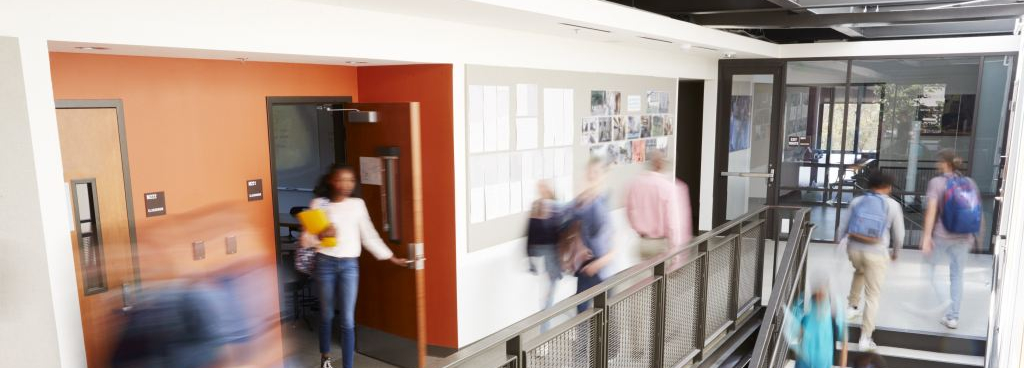10 Colleges with Spooky Course Selections
From religion and folklore to film and even medicine, college departments love to celebrate the supernatural and postulate on the paranormal. Whether you’re an occult-loving student building your college list, or you just want to get an idea of some creepy courses to add to your schedule, check out our list of otherworldly offerings below.






